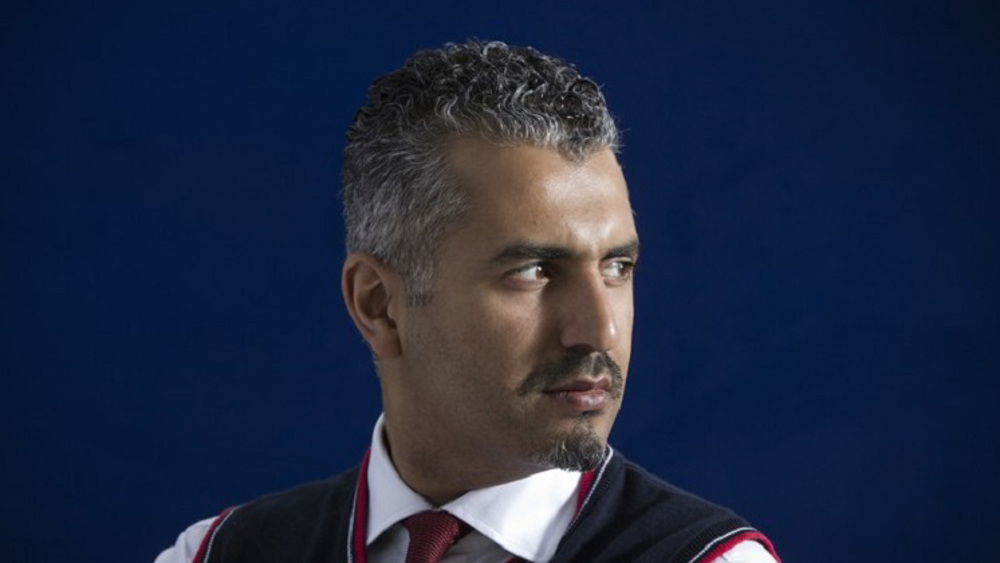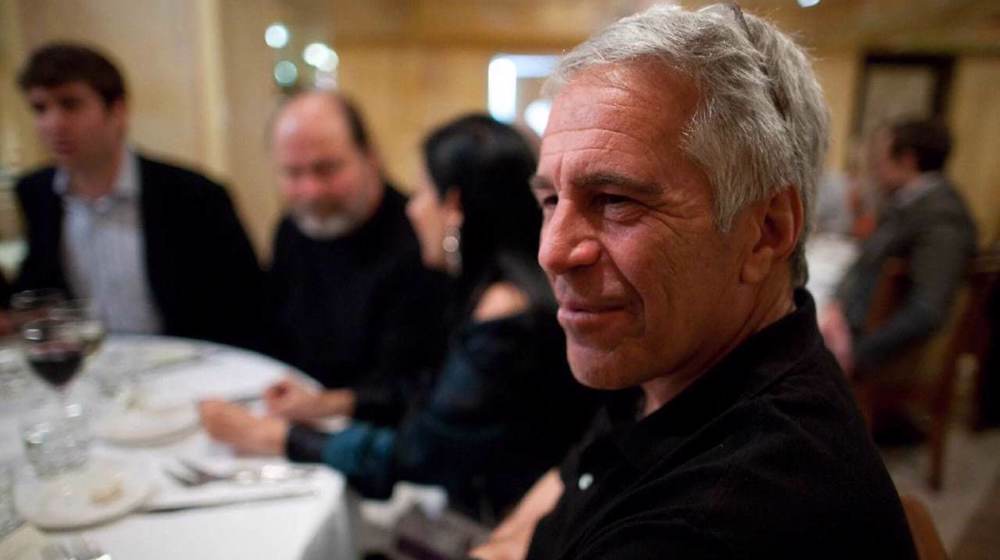Controversial ‘counter-extremism’ think tank Quilliam Foundation closes down
A controversial so-called “counter-extremism” think tank has closed down citing financial problems brought about by the Covid-19 pandemic.
Originally set up in 2007 with Home Office funding, the Quilliam Foundation took its name from the 19th century British Muslim convert Abdullah Quilliam.
The Quilliam Foundation was set up Maajid Nawaz, Ed Husain and Rashad Zaman Ali, all former members of the pan-Islamic organization Hizb ut-Tahrir.
While Zaman and Husain left the Quilliam Foundation shortly after its establishment, Nawaz stayed on as its director and moved it towards increasingly extremist positions which incensed British Islamic organizations and community leaders.
Describing itself in grandiose terms as the “world’s first counter-extremism organization”, the Quilliam Foundation under Nawaz’s leadership dedicated much of its resources to rationalizing and promoting the British government’s policies towards the Muslim community.
For that reason Nawaz became a figure of hate and ridicule in equal measure, as demonstrated by social media’s reaction to the closing down of his organization.
While the precise reasons for the closure are unknown at this stage, it would appear that the gradual eclipse of the government’s core counter-extremism strategy, known as Prevent, may have something to do with it.
The appointment of the right-wing writer and ideologue, William Shawcross, as the supposedly “independent” reviewer of Prevent was a clear indication that even the Home office had begun to lose faith in the controversial - and some would argue counter-productive - strategy.
Viewed in that context, the closure of the Quillliam Foundation is a direct blow to the British government’s attempts at selling its counter-terrorism and counter-extremism policies to the UK’s Muslim community.
VIDEO | Press TV's news headlines
Report: Epstein account remained active after death, lists Israeli ex-military figure among contacts
VIDEO | Choosing to stay: Palestinian-Americans building life at home
FM questions ‘narrative’ pushed by Israeli-American Trump donor’s outlet ahead of Netanyahu visit
US lawmaker blasts attorney general for ‘lying under oath’ over handling of Epstein probe
Iran received no concrete US proposal in Oman talks: Security chief
Nouri al-Maliki defends Hashd al-Shaabi as inseparable part of Iraqi security system
British PM Keir Starmer faces calls to resign










 This makes it easy to access the Press TV website
This makes it easy to access the Press TV website